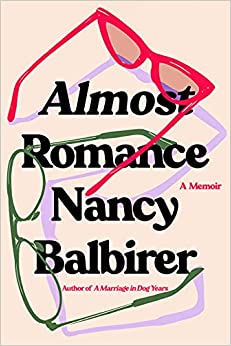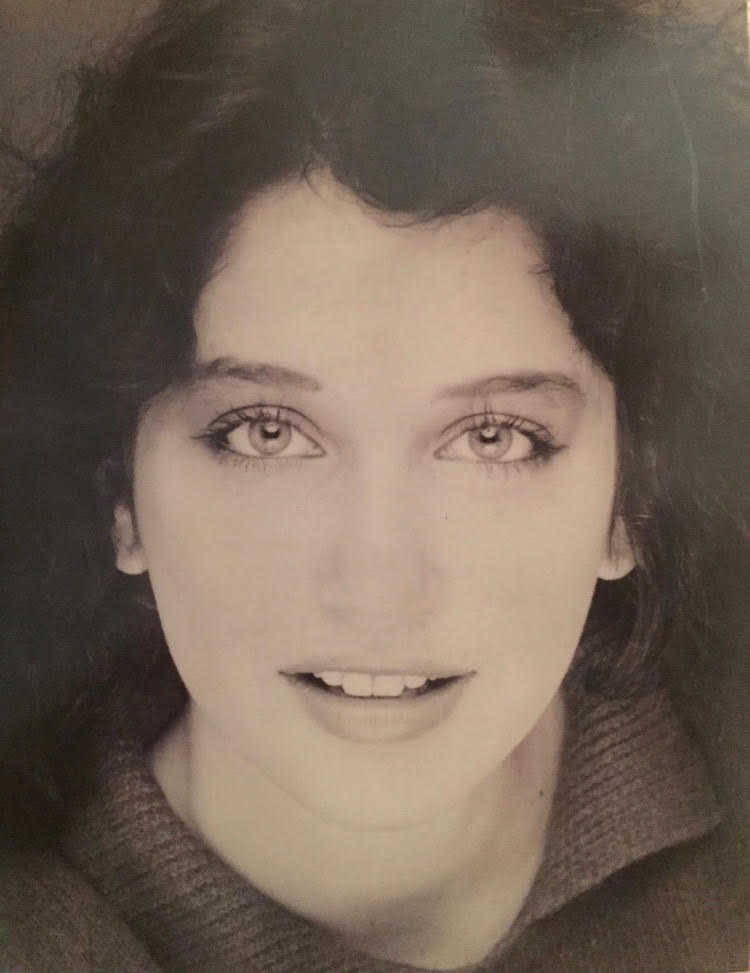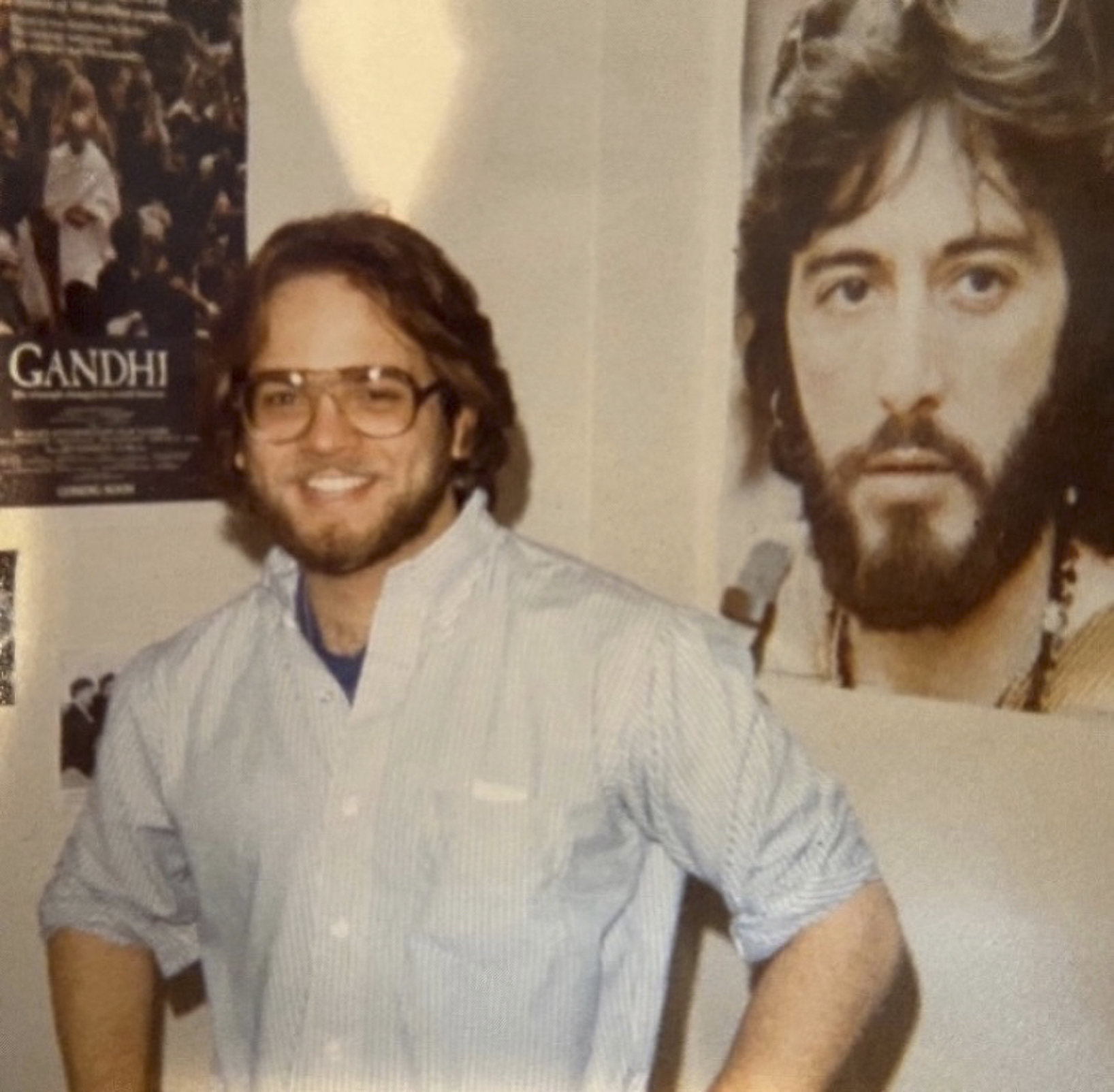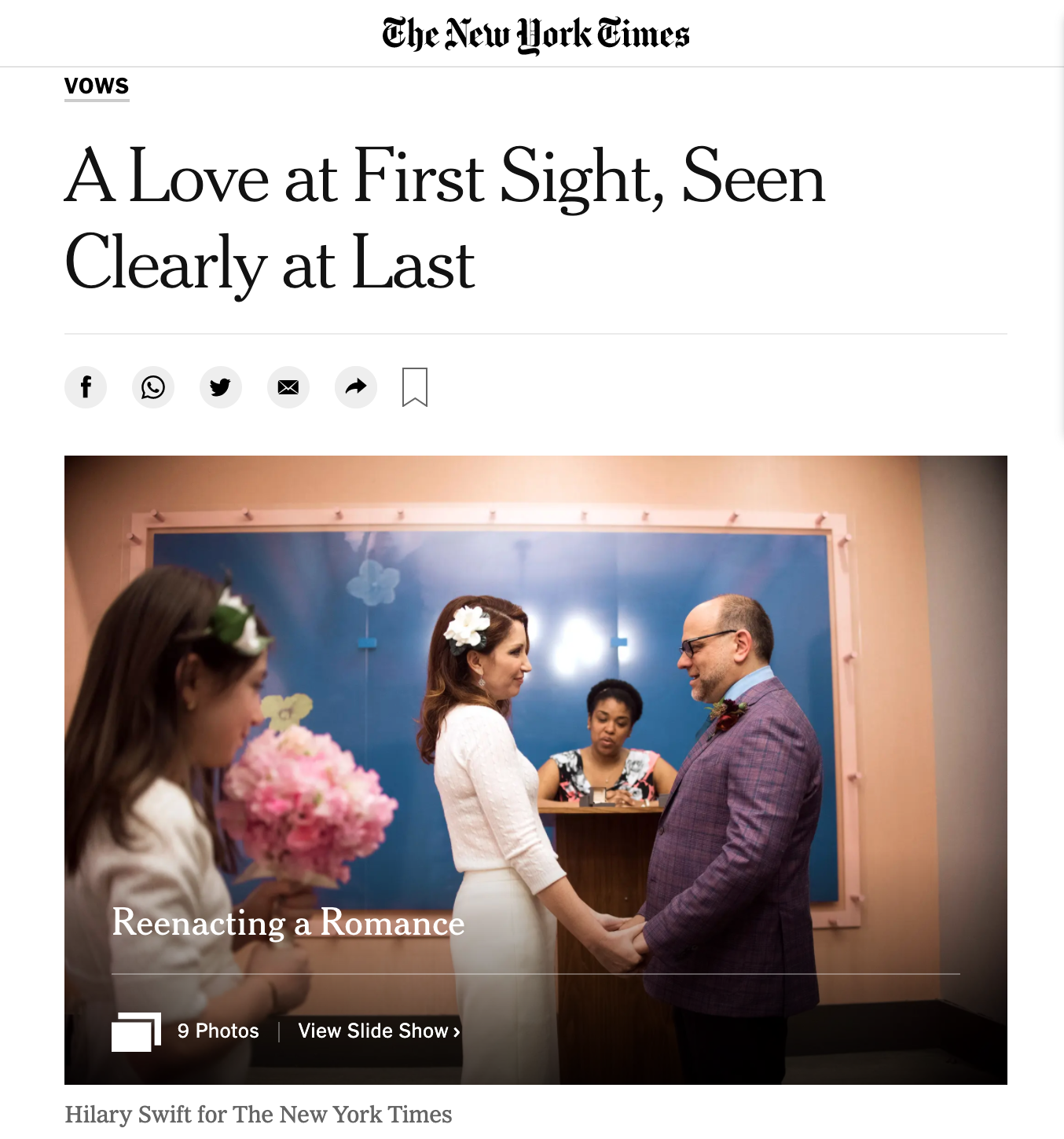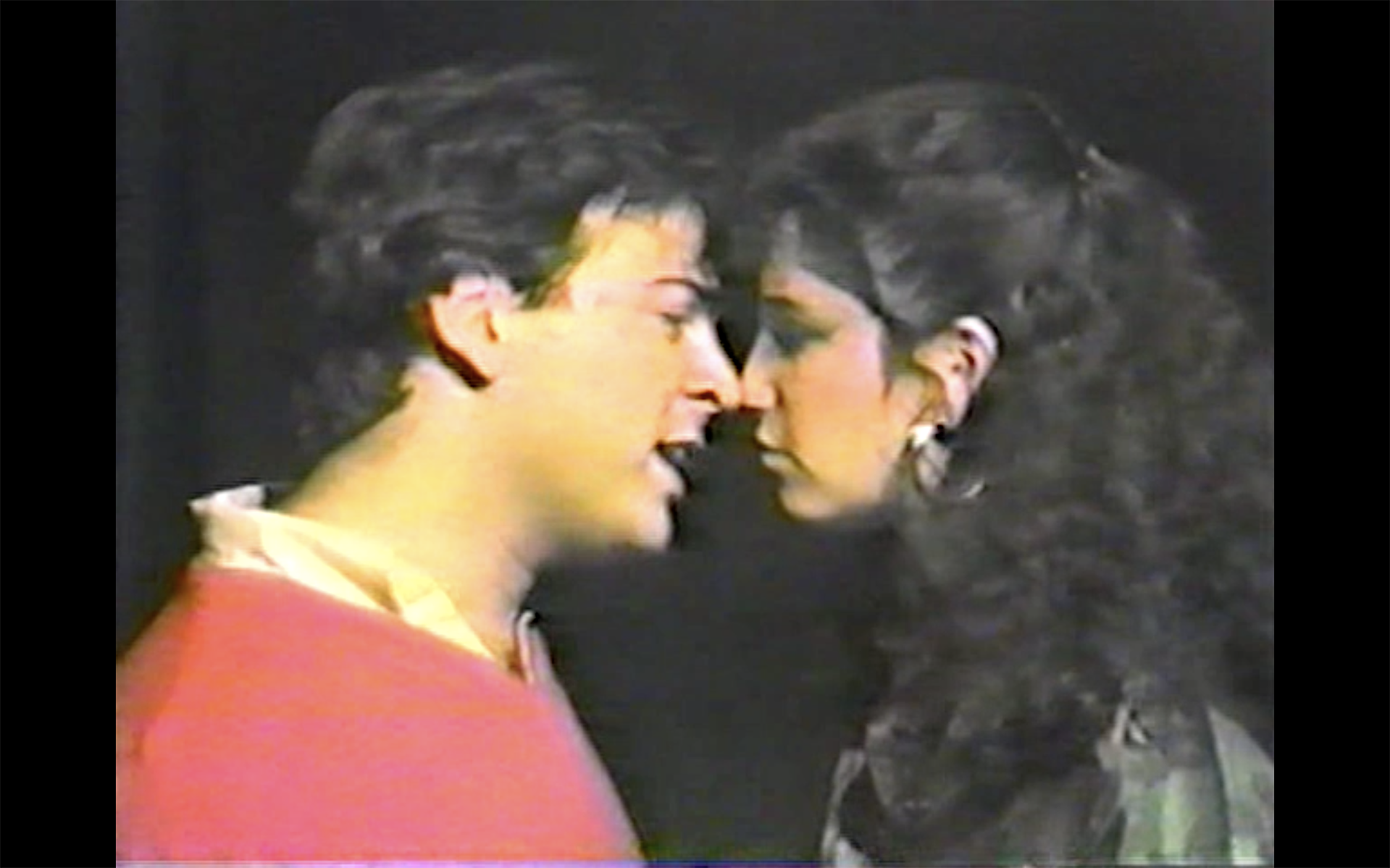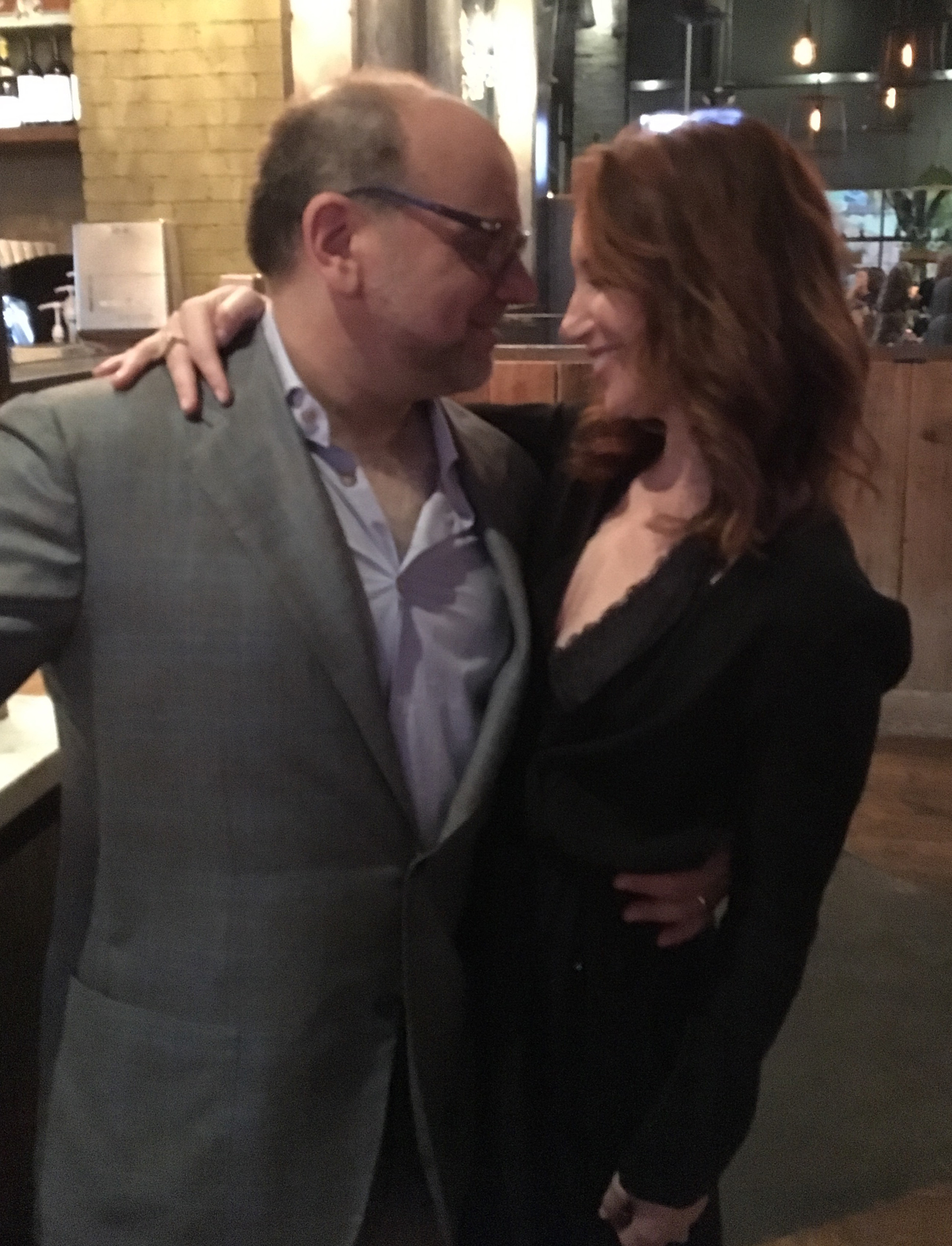AM: Nancy, given your experience as an actress and writer, and Howie, with yours as a writer and showrunner, are there any talks of bringing this story to the screen?
HM: Oh definitely. We’re trying to figure out the best medium for it and whether it's just a one off movie, or whether it’s a series. We’re trying to take it organically and see where it leads us.
NB: We definitely see it as something that is worthy of adaptation but, as he said, the question is what form it should be. It could really go either way at this point, so what we're hoping to do is take a little trip to Santa Barbara at some point, hole up in a hotel and like…
HM: …and see what the dog thinks.
NB: Oh yes he is the best dog for writers, because he’s only happy when you're actually actively sitting, you know and writing.
HM: He gets so happy when you open the computer. He goes right to your feet and lies down and he knows you're going to be there for a while.
AM: Nancy, what is the biggest takeaway you hope readers leave this story with?
NB: As the great philosopher Pablo Cruise once said, “keep your heart open ‘cause love will find a way.” It's really a story for people who believe in that, but it's also for people who don't, which is kind of where I was. I wasn't a total cynic, but I was at a place in my life where I was just very matter of fact. I thought that love was a parade that had passed me by.
I think that this is a story that demonstrates that nothing is ever done, as long as we are breathing air on Beyonce’s green earth. That there is possibility and hope, as is the theme of Grace and Frankie.
The other thing that I would say is that there's nothing more essential to a person becoming their best self than community, friendship, and chosen family. Nothing else gives you the same ability, the same courage, to summon your best self. That’s what we had, and it helped us clear the path. ⧫
